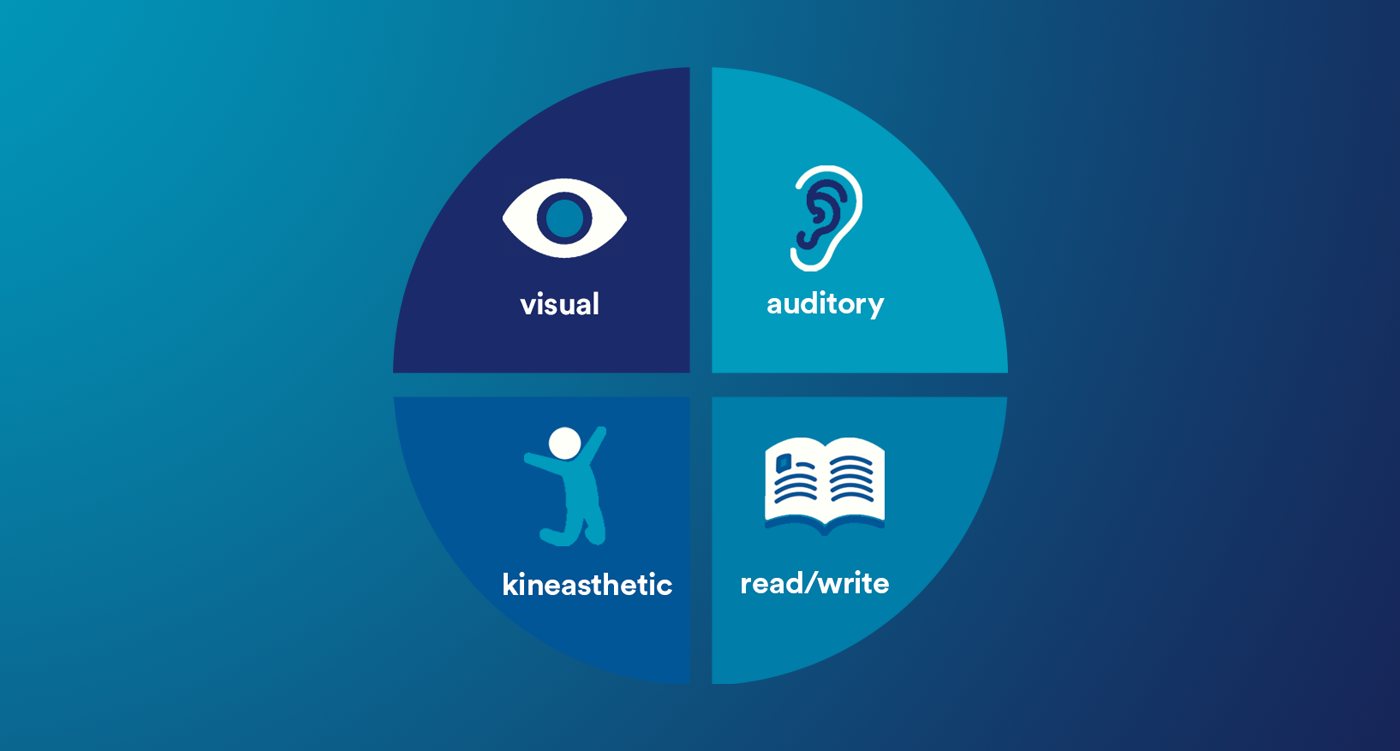
February 26, 2018, by Carla
Learning Styles: How to Recognise What You’re Great At
By Rebecca Luxon, Employability Officer: Science
As a university student, it’s a common assumption that you spend much of your life studying in order to successfully pass rigorous and regular sets of exams.
Yet, have you ever thought about how well you actually remember what that lecturer was explaining last Tuesday afternoon? Or how much of your revision time in the library is spent in a productive way – with zero procrastination?
Enter, learning styles
A learning style is a preference for learning something in a particular way, and there are many theories that account for these different preferences. It’s very likely that you’ll be familiar with Neil Fleming’s VARK model, which helps you to understand whether you fall into the visual, auditory, reading/writing or kinaesthetic learning category. His model is one of the most widely used categorisations of individual learning styles. It might explain why you need to revise really hard, while your housemate soaks up everything they hear in a lecture.
Own your learning style
So, do you prefer sitting exams or do you excel at coursework? Do you like classroom-based learning or would you rather read through material in your own time?
Everyone works at their most productive in a slightly different way. Learning styles can help to explain why some people find certain tasks or situations more difficult than others. Having an awareness of your learning preferences, and where your strengths and skills lie can seriously help you gain the advantage. Particularly when making the move from university to graduate position or industry placement.
Understanding your learning style can also help you generate career ideas, by bringing together what you’re good at with what you love. To explore this further, get free access to ‘Profiling for Success’ here.
Put your best foot forward
At all stages of the recruitment process, awareness of your learning style is incredibly important. If you know, for example, that you tend to do well in one-to-one situations, then you can be confident in attending interviews. However, if you are someone who works well with others, you might do better in group exercises at an assessment centre.
Being self-aware allows you to quickly and easily draw on your skills. It helps you to prioritise where best to spend your time preparing. Ultimately, the overall aim is to stand out from the crowd and give you the edge in a competitive process.
There are many ways in we can help support when it comes to generating career ideas. You can talk to us one-to-one or have a look at these resources on our website.
No comments yet, fill out a comment to be the first

Leave a Reply